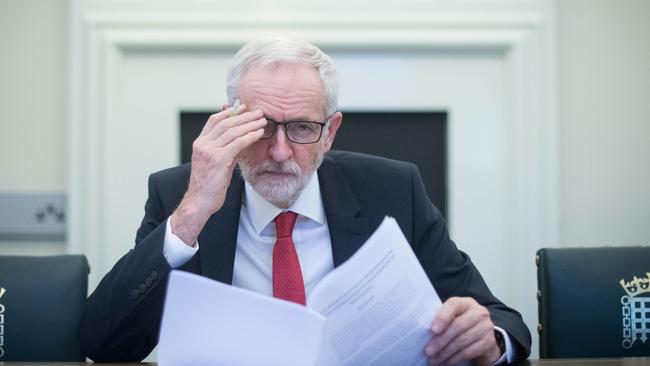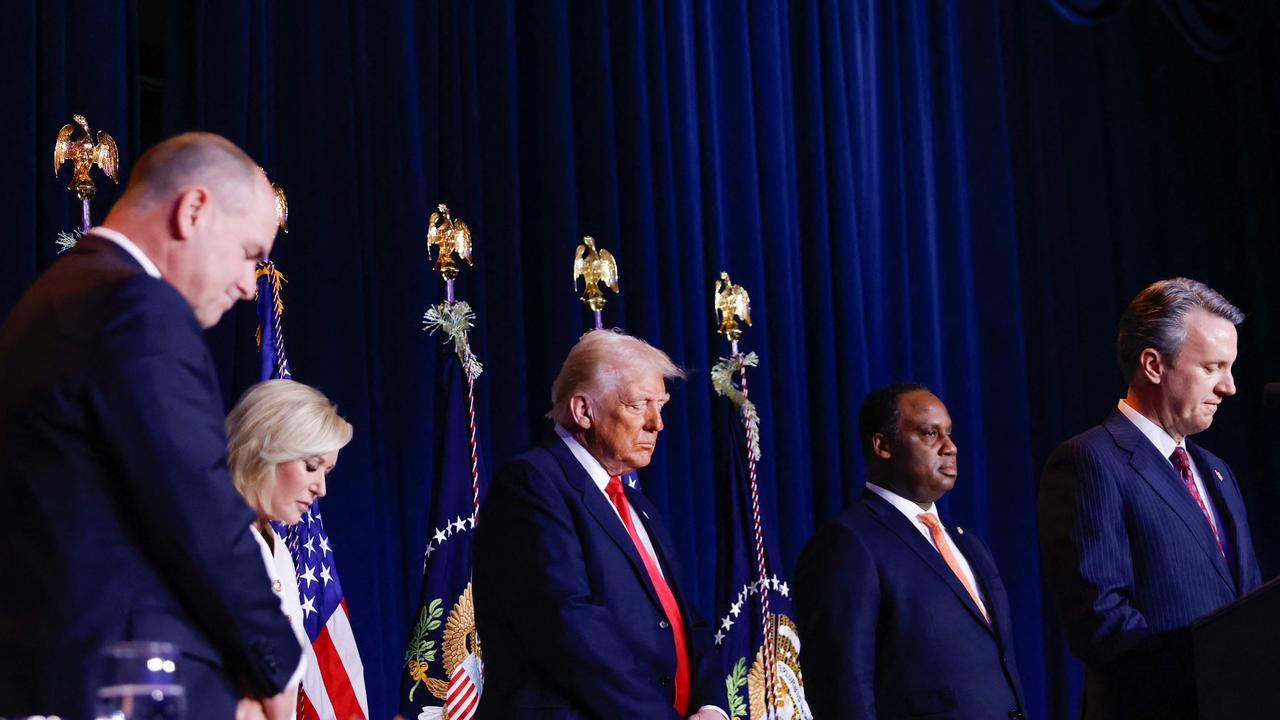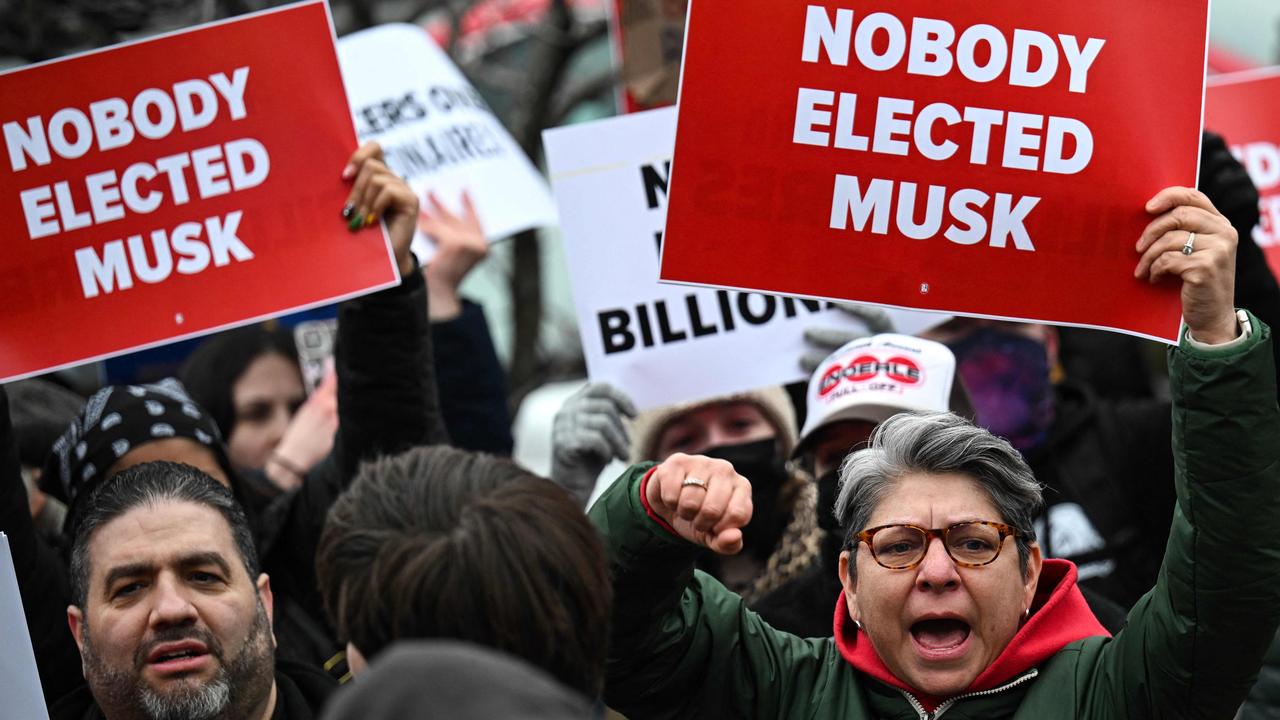Corbynism rotting from head down

COMMENT
“Attack Boris all you like,” a recent headline claimed, “but he’s the only man who can save us from prime minister Corbyn”. I started to think about this, and Jeremy Hunt’s counterclaim that he was the only man who could stop Corbyn.
And the more I thought about it, the more absurd it began to seem. It was like having a vote about who could best preserve us from man-eating guinea pigs.
It’s apparent as soon as you speak to any Labour figure who is not demented, or as you parse the writings and quarrels of the Corbynite media commentators, that they know that the Corbyn moment is over. The evidence, after all, is hard to refute, even if infighting Tories seem oblivious to it.
Let’s start with the polls. After the election miracle of 2017 when Labour wasn’t wiped out, the party was tending to score in the high 30s. By March this was down to the low 30s. Since the beginning of May only three polls have put Labour above 30 per cent, and most have the party in the mid 20s, some in the low 20s. The simultaneous Tory meltdown has meant that, for the first time in modern British politics four parties are each polling at about a fifth of the vote.
Now look at leadership standings. A week or so ago Jeremy Corbyn — the man who became the anthem of Glastonbury in 2017 — managed an approval rating of minus 58. People with approval ratings of minus 58 do not generally become prime minister. They generally become footnotes. And it gets worse.
Race to the bottom
When Ipsos Mori recently polled voters on the characteristics of four leaders or potential leaders — Corbyn, Johnson, Hunt and Farage — Corbyn came bottom for the most capable leader, bottom for good in a crisis, bottom for “sound judgment” and bottom for good representative on the world stage. On the other hand, he was also bottom for “more style than substance”. And even that’s probably not a compliment.
You don’t trust the polls? Not even when they are so clear? Let me try you on actual votes. In May’s council elections, tipped (rightly) to be catastrophic for the Tories, Labour lost 84 seats and the Lib Dems and Greens gained 900.
In the Euro-elections shortly afterwards Labour received 14 per cent of the vote, 6 per cent behind the Lib Dems and 1 per cent ahead of the Greens. In the Peterborough by-election Labour won (just) but fell by 17 per cent compared with its 2017 general election performance.
They’re just low turnout elections without real significance? Next stop is Scotland without whose seats it is very hard for Labour to win an overall majority. Scottish Labour, which elected a Corbynite as leader in 2017, has seen its share of the vote decline, reaching 19 per cent in recent polls and coming sixth in the Euro-elections in Edinburgh. Sixth.
Yes, but they are the largest party in western Europe with hundreds of thousands of young, idealistic members.
Labour’s slide
Everyone I take seriously believes that Labour membership has declined since the 2017 euphoria, and that the party may have lost more than 100,000 members in the past year. Anecdotally it’s mostly the younger ones peeling off again, together with a section of Labour’s centre-left cadre. The 1960s socialists who, defeated, had sulked in their reading groups or joined various anti-imperialist parties involving Ken Loach over the years and then came back for Corbyn are now the most vocal. Which is why the antisemitism crisis just won’t go away.
None of this remotely points to a party likely to gain power or a leader likely to become prime minister.
Only by some extraordinary accident of first-past-the-post could Labour become the single largest party, let alone win a majority in any election held any time soon. No one needs Johnson or Hunt to keep Corbyn out of No 10. The issue for them is how to stop a meltdown of the Tory party, mostly to its right, but also partly to the centre.
That’s why war-gaming has begun again among Labour’s factions. The centre left is still waiting for Watto.
Is Tom Watson, the detached deputy leader, actually going to do anything to get rid of the liability at the top? I’m told that he was poised with 70 other MPs to leave the party altogether, but that the failure of Change UK (partly because no one else joined them) changed their minds. The Watsonites’ slowness to act has convinced them that they were right not to act.
Not daring to challenge Corbyn for fear of failure, they and others have reverted to the age-old strategy of blaming the king’s evil advisers. As it says in Proverbs, “Take away the wicked from before the king, and his throne shall be established in righteousness.” But, as students of the English Civil War know, you can start by executing the Earl of Strafford and Archbishop Laud but eventually, if you’re serious, it’s the king you’ll have to decapitate.
It’s a softening up exercise. Because meanwhile they are whispering about a solitary “man in grey suit” operation in which John McDonnell will persuade Mr Corbyn to step down, to be followed by a snap leadership election. That will be won (according to post-Corbynites) by the shadow business secretary Rebecca Long Bailey (the one who looks like a character played by Jane Horrocks), and the sunny uplands will follow. The process will supposedly be helped by the expected retirement of Unite boss Len McCluskey. Ms Long Bailey will then dynamically champion the transition of Britain towards the socialist nirvanas of either Sweden or Cuba, depending on her audience.
The moderate Pozzos and Luckys of the Waiting for Watto crowd, on the other hand, think that Ms Long Bailey could be beaten by one of their own, and the party will be reclaimed for the centre. Either way there will be no Corbyn premiership.
I doubt any of this will actually happen. I don’t think it matters so much even if it does. If Mr Corbyn stays a few Labour MPs will leave, as will thousands of party members, and most of the rest will perjure themselves.
But in the last few months something latent in Britain has become manifest, catalysed by Brexit. It is the realisation that we don’t have to choose between the Conservative Party or the Labour Party to govern us in perpetuity. As of this year the “voting Lib Dem./Green/independent is a wasted vote” is no truer than saying the same of the two traditional governing parties. If anything “vote Boris to stop Corbyn” has less resonance than, say, “vote Lib Dem. to stop both of them”.
The Times


